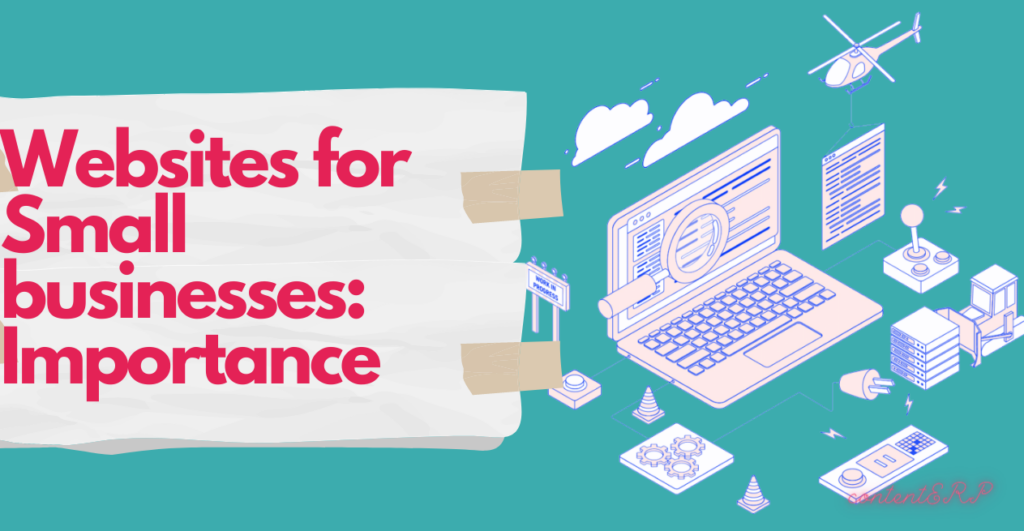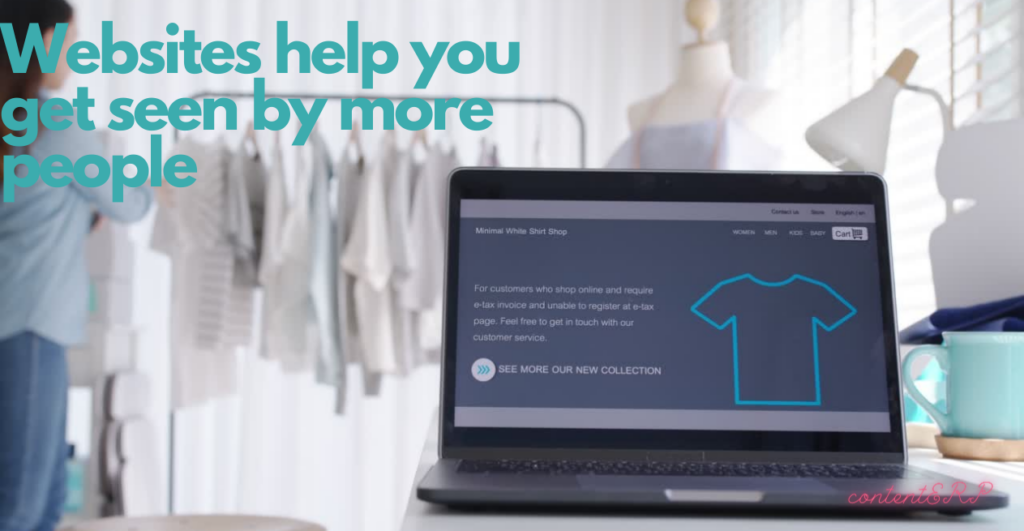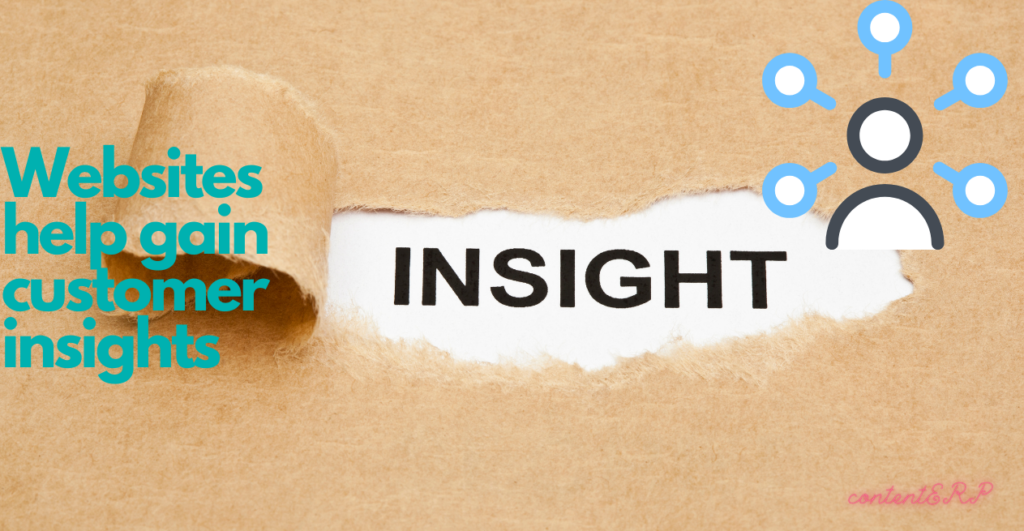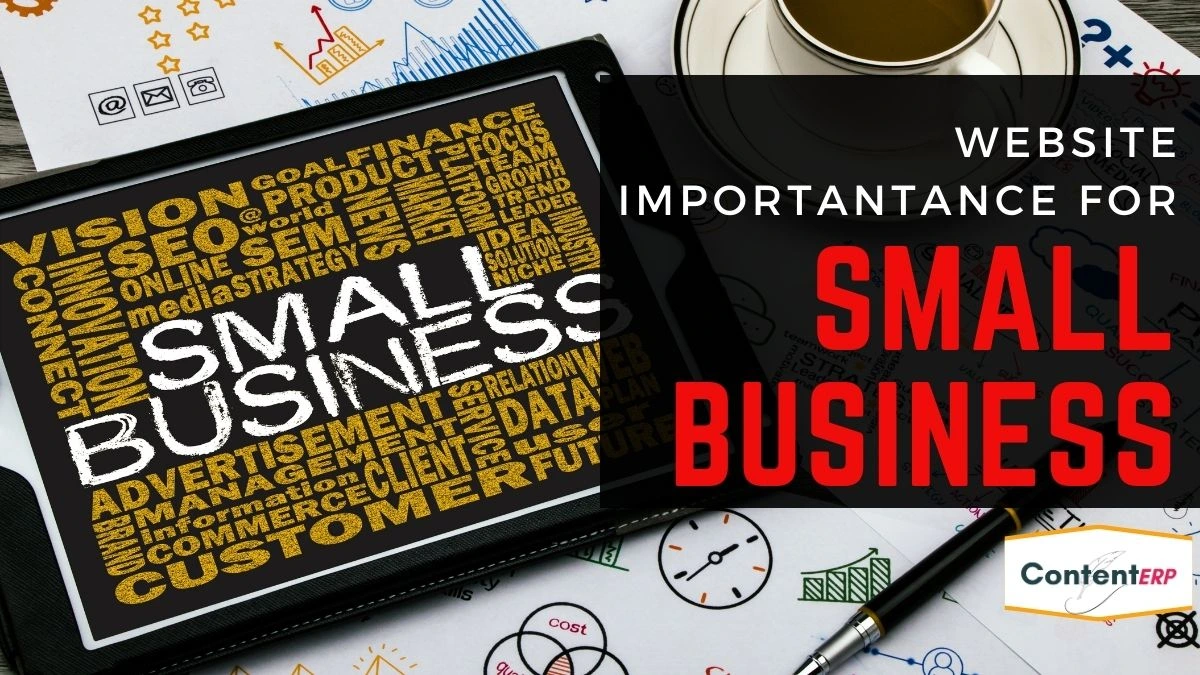Why a website is important for small business
Introduction
There are plenty of benefits of having a website for small business owners and big business owners. The Internet’s popularity and utility cannot be over-emphasized in the present century. The sheer numbers can assess its overwhelming growth in the past two decades.

According to internet world stats data, in December 1995, when the world was trying to understand how to put the World Wide Web to the best use, there were 16 million internet users.
In the two decades since, the Internet has grown incredibly, gaining 3.36 billion users (46% of the world’s population) by December 2015. Today, it is almost criminal for a business not to be online. The rest of this article is dedicated to the importance of having a fun, interactive website, especially for small business owners. Also, we see why it is important for small business owners to learn web design and how to build a website themselves rather than outsource it.
In addition, low-budget web development allows you to create pretty nice websites that are highly affordable for startups. Surprisingly, very few small businesses have a website because they probably are not familiar with the profitable benefits of having a website for small businesses. So let’s look at them right now.
Importance of small businesses to a website
Describes Your Business
A website sells a lot of your business to potential customers, so you don’t have to. It outlines what your business does, the services it provides, the products it makes or sells, the history of your business, how it fits into the local business community, local initiatives you are part of, and so much more. Users should learn all they need to know about you from your site.
Increase Exposure
This is probably one of the most important reasons small businesses have a website. It exposes your business or service to a larger audience than just a brick-and-mortar storefront location. Plus, when you consider that an ever-increasing number of shoppers make purchases online, that is a large number of potential customers a website will give you access to.
Increase Trust
Online users turn to businesses with websites and find it difficult to place as much trust in those without one who is trustworthy. Plus, to the average website visitor, the fact that you have a website says it’s more likely that you operate a legitimate business and are open to new business. Having a website says a lot about you.
Increase Your Revenue
A professional website can be a primary and secondary source of revenue for a small business. For online stores, websites are the business’ primary source of income as they replace physical locations to sell products and services.
However, monetizing a website without selling products and services is also possible. For example, a site can use Google AdSense to generate additional income by displaying advertisements. Business sites with higher traffic can use this method as a secondary source of revenue.
For example, Digital Photography School sells photography courses online and monetizes its website by featuring advertisements.

Proves Your Existence
A website tells potential customers that your business or service is available. Without a website, your business is much like having an unlisted phone number – difficult to reach and determine if you are still in business. Local SEO (search engine optimization) helps your website gain exposure through search engines, giving potential customers more confidence to use your products and services.
Improve Your Business Flow
A website has no business hours and geographical restrictions, allowing customers to access it 24/7 from anywhere.
It is also quicker and easier to check how well your business performs using a website. Tools like Google Analytics help monitor which product or web page attracts more visitors. With this data, companies can review which products or services are selling the best.
Another way a website can help improve business flow is customer interaction. There are many ways to communicate with customers using a website, like a forum or a live chat, that will let you respond to more queries.
Cost-Effective Marketing
Although your storefront may only be open daily from 9 AM to 5 PM, your website is marketing your business or service 24/7/365. Paying someone to contact all of your customers daily to tell them this is not feasible. Setting up your website and ongoing maintenance costs are minor when you factor in the daily sales generated by the ongoing exposure.
Builds Brand Credibility
Your business or service brand is important. It is what sets you apart from your competitors and makes it easy for people to remember who you are. A website works to give your brand added credibility that cannot be built as quickly without one. With brand credibility, potential customers will look to your service rather than your competitors, even though they may provide the same service.
Grow Your Business
Many small businesses aim to expand in the market and reach out to new customers. While face-to-face interactions can be important and business often comes from word-of-mouth, a website gives you a chance to “pass your card out” to thousands online. With an e-commerce store, you can sell items online and ship the product to customers almost anywhere in the world. You might discover that customers in a neighboring city or state are interested in your services, leading to a larger service area and maybe even an expansion to regional offices. In fact, 81 percent of U.S. small businesses say that a website has helped to grow their business. With a website, you can reach more potential customers and opportunities.
Customer insights by tracking user behavior on your website

Matching and exceeding the expectations of your audience allows you to reach customer satisfaction and earn customer loyalty. If you want to offer your clients exactly what they need, you should know what they really need and who they are.
When you have a website, it’s easy to monitor how users interact with it. You can find out what your product or service people like the most and what they like the least, from what geographic location, devices, and third-party sites they usually come to, and much more. These insights allow you to create a clear vision of your user persona.
There are many tools for tracking the behavior of your site visitors, gathering this data, presenting it in a convenient way, and storing and interpreting it. The most popular is, for sure, the one made by Google. Track key Google Analytics metrics to make your business more client-oriented. Use Google Analytics to guide your content marketing and other marketing strategies.
Order our web services if you have decided to create a website for your small business. We can provide solutions that fit your budget and satisfy your particular business needs the best. Entrust us to handle your low-budget web development or any other kind of web project. Our IT experts have a lot of experience in creating websites for small businesses and maintaining them.
Gain Competitive Advantage
The recently published Verisign report shows that 93 percent of U.S. consumers use the Internet for research before purchasing. Internet consumers can be informed about their purchasing decisions— what they buy and from whom they buy. Without a website, you risk losing customers to businesses already taking advantage of the online marketplace. If you’re in direct competition with another business with a website, your competitor has a clear advantage—especially if they are effectively marketing their website. A website can help level the playing field.
More than 80% of U.S. small businesses surveyed said their website is important or critical to their business. More than half of U.S.-based small businesses don’t have a website, so there is no time like the present to establish your business website and get ahead of the competition.
No Website Means Losing Business
By now, it’s clear that if you don’t have a website, you’re missing out on opportunities for customers to identify who you are and if they want to spend money with you. This said, if you have a bad website, it is better to have no website. While no website equals missed opportunities, a bad website can actually be worse since it literally makes your business look bad.
With so many template-based websites available nowadays, such as Shopify.com, for you to customize your unique business, there’s no excuse for your website to look unprofessional and sloppy. If you can’t proudly promote the website you have currently live and available for the world to see online, take it down. A bad website is far worse than no website – but to be clear, both are bad for business.
Before You Start, Choose Your Domain Name
Before you build your website, you must first establish your address on the Web. In this digital age, your site’s Web address (or domain name) is central to online activities, so consider carefully choosing a domain name. First, ask yourself which domain extension like .com or .net, best serves your business. Second, select a memorable, descriptive name that another company doesn’t trademark.
Read the new Verisign e-book, “Five Reasons Every Small Business Needs a Website,” below to learn more and get a domain name for your business website today.
Conclusion
Most small businesses will benefit from having a website, as it helps brands grow faster. Online businesses often use websites as the main platform to sell products and services. However, offline businesses can also benefit from a website displaying updated information.
In today’s day and age, having a website is more than important if you are a small business owner. Without one, consumers won’t know you exist, and you will miss out on loads of revenue.
We hope this article taught you why a website is important for your small business.

